
Remember the day of nap times and snack times. It has all gone now. Instead, students are ushered from class to class with small breaks and lunchtimes to recover from constant sitting. Schools no longer give us designated nap times. Instead, as the years have progressed, the promise of sleep slowly vanishes. With no time to rest, students are piled with work and are stressed. As a society, this is something we need to change. When creating a curriculum, the education system must consider its students’ mental health.
As students progress to high school, the responsibility for their future becomes a heavier burden. College applications, getting good grades, and trying to stuff as many extracurriculars into their schedule have become the average pressure on today’s teens. On top of this, the added pressure of being the ‘perfect’ student is prevalent. The added pressure drives students to take more challenging courses to boost themselves in the eyes of colleges. Students are stressed and harming their health instead of being challenged. Helen Rogers, Vice president of marketing at Better Sleep Council, states, “We’re finding that teenagers are experiencing this cycle where they sacrifice their sleep to spend extra time on homework.” Working in a company that strives to help students curate skills to reduce stress, Helen Rogers truly understands the importance of advocating for students’ mental health against the societal pressures put on them. At such young ages, kids have become hooked on energy drinks that they find necessary to keep up with their coursework. Instead of nurturing kids to create good study habits and how to balance their lives, the education system creates a competitive atmosphere of students pushing themselves past their limits. Without needed support kids cut into vital time that is necessary to rest due to course work and time management.
The stress and pressures of tests and assignments increase as students progress from high school to college, with the added pressures of getting jobs and internships to prepare for the workforce. Students with bad coping habits from high school also carry them to college. Wendy Fischman, co-author of “The Real World of College: What Higher Education Is and What It Can Be,” stated, “Problems start before college when students are prepped for getting into college but not navigating the college experience.” Students worried about keeping on top of their workload while also straining themselves to do the most extracurriculars turn to coping mechanisms and habits that carry on in later years. According to the CDC, 50% of adolescents report consuming energy drinks, this includes many of the students who turn to energy drinks to get through the days with heavy workloads. If the course load worsens during college and the pressure increases, what do these students do to get through the day? Instead of creating stressed students in high school, the education system should modify the curriculum and offer students guidance, if necessary, to help combat the stress.
Homework and juggling other activities occupy a copious amount of time in students’ schedules, leaving little time for proper rest for them to rest. Balancing everything without help is mentally stressful, and the lack of sleep contributes to several physical illnesses. The lack of sleep causes the body to overwork itself and not get enough time to recover, “Sacrificing sleep for work, then working more to make up for lost productivity, can become an exhausting cycle.” (Newsom). At the age where kids are supposed to be thriving with less responsibility, they are instead hindered by these exhausting cycles. Changing this is vital to the future of education and students’ lives.
Many say this stressful environment helps students be better prepared for the future. On the contrary, it creates bad habits that follow them throughout life. Cutting down on sleep to complete homework and squeeze in activities can result in severe consequences such as anxiety and depression, and even lead to certain sleeping disorders. At such a young age, if kids risk their health for their education, how will they cope? Instead, it is crucial that the system put more emphasis on offering help to kids on how to manage their time. Educating students on the importance of knowing their limits will help them gain more sleep and focus their time on activities they find themselves passionate about.
The education system and its students will need to change for the stigma surrounding education to be removed. Students losing sleep over classes they believe will get them into great colleges and investing copious amounts of time into extracurriculars are missing a vital element in their lives. Sleep. The benefits of sleep will increase productivity, allow them to be more alert during school, and promote mental health overall. With depression and anxiety at an all-time high in teens, it is important to combat it.

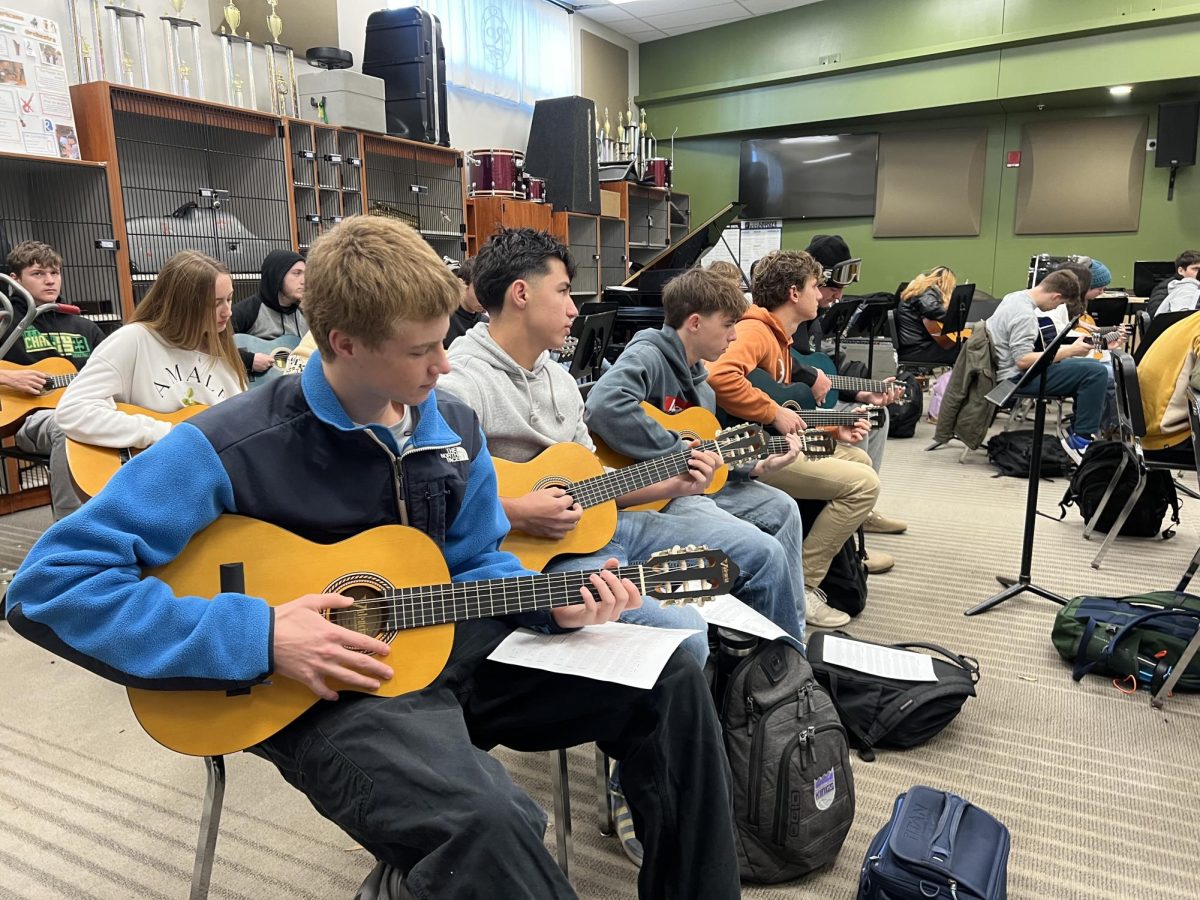


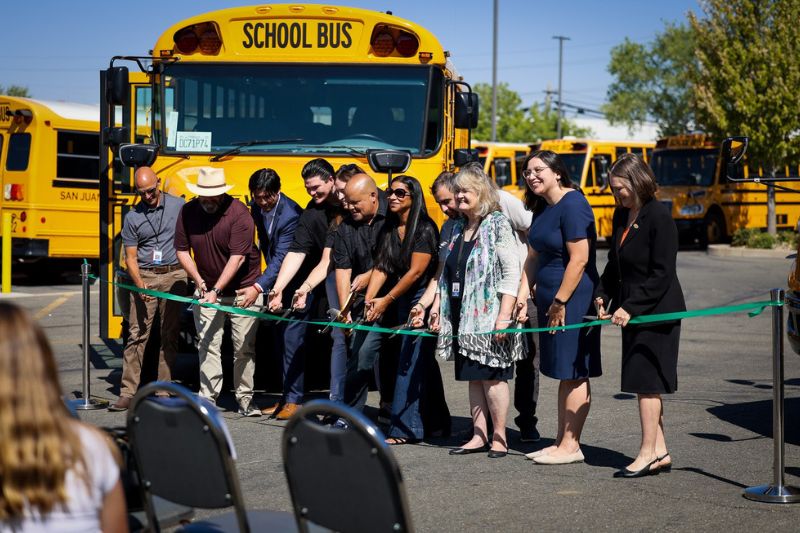








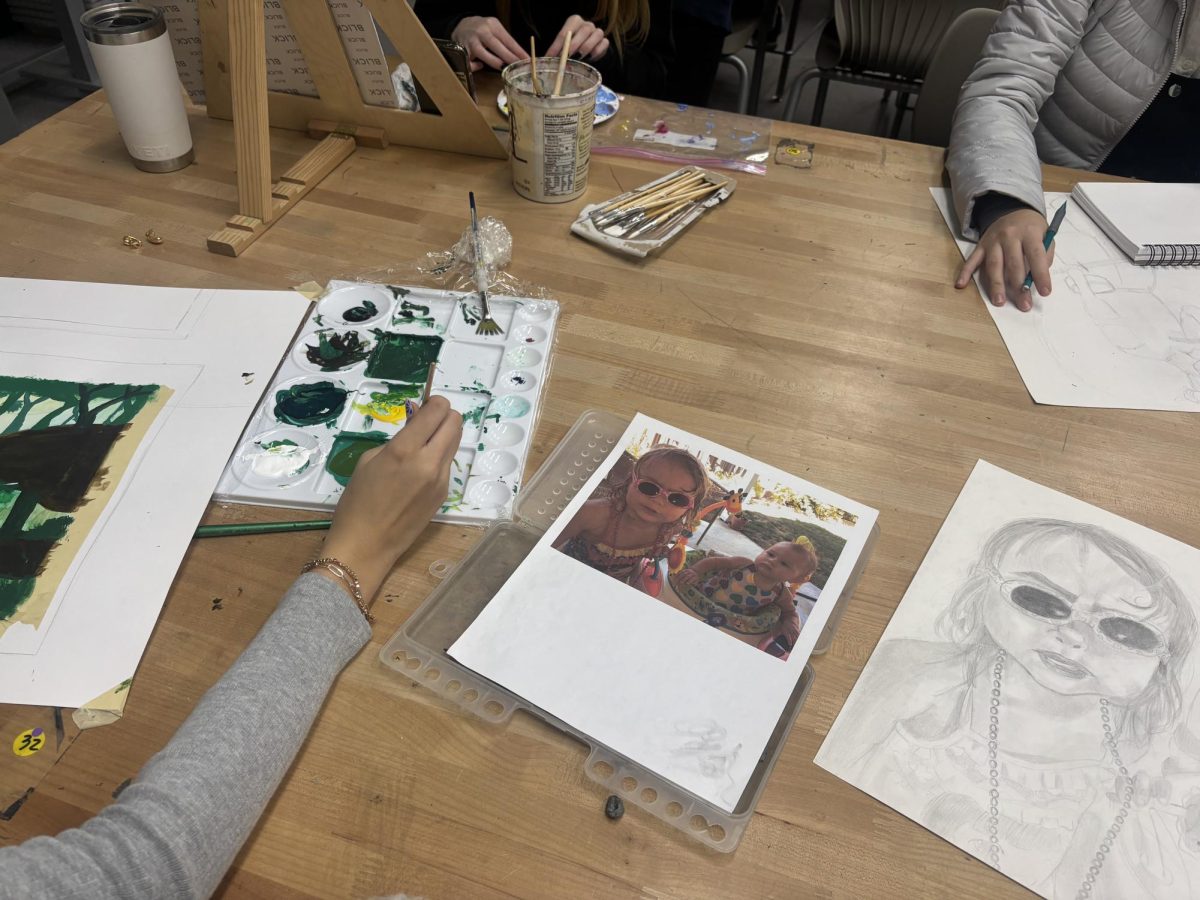
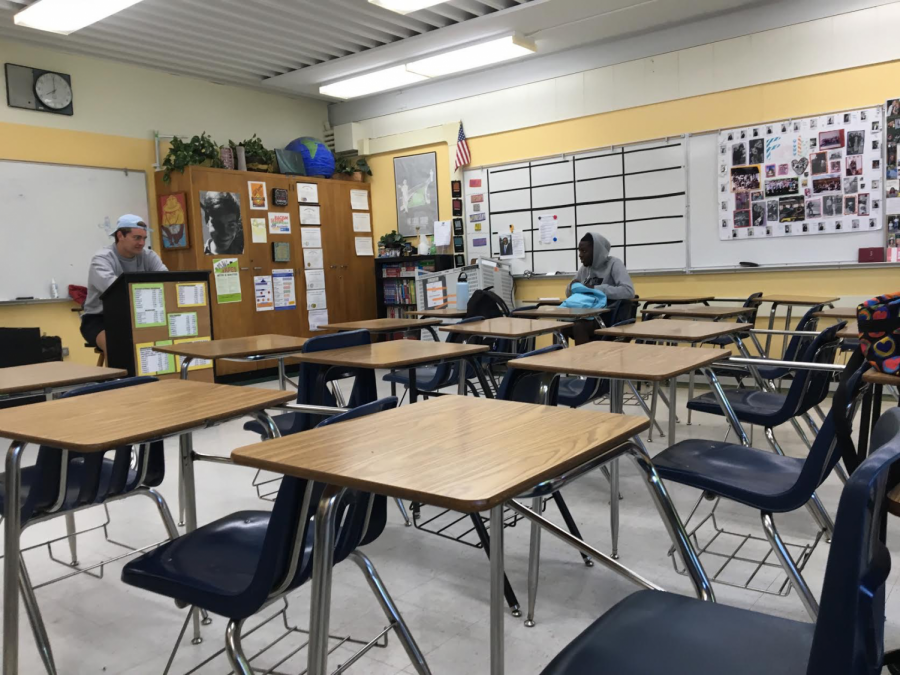





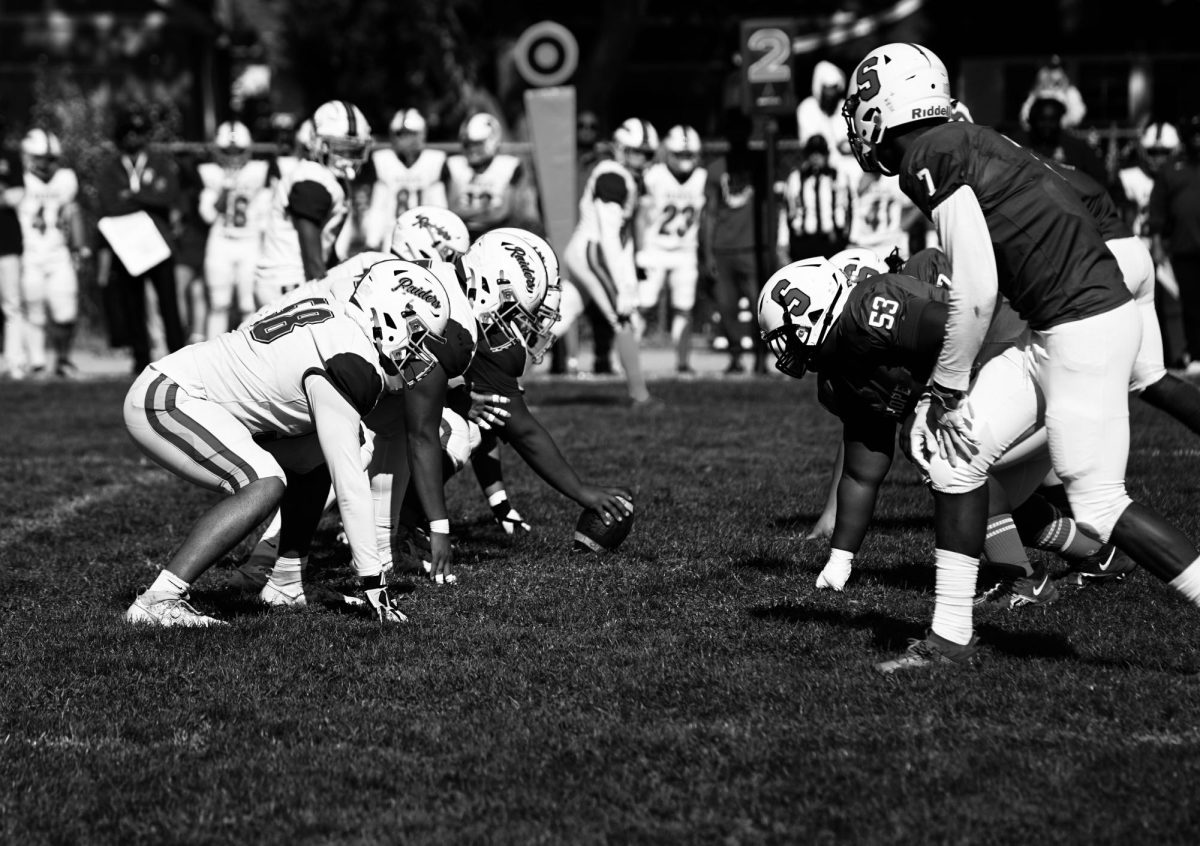


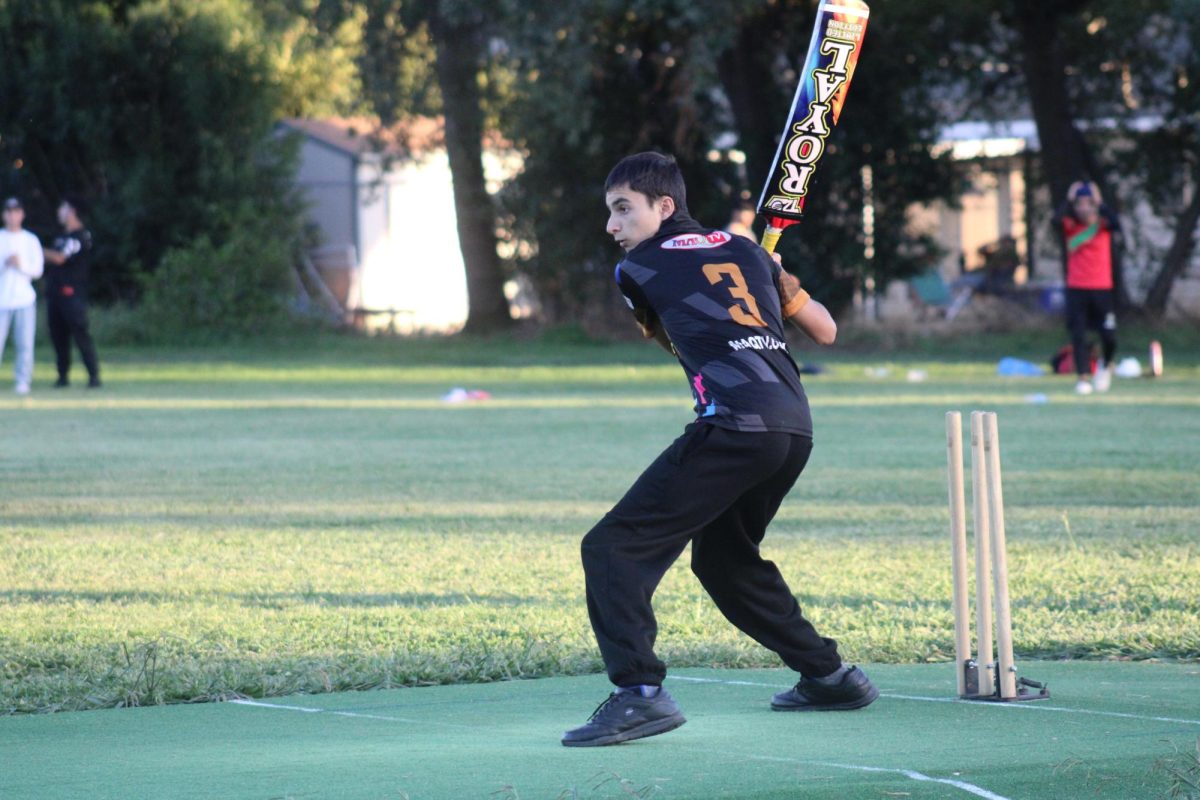


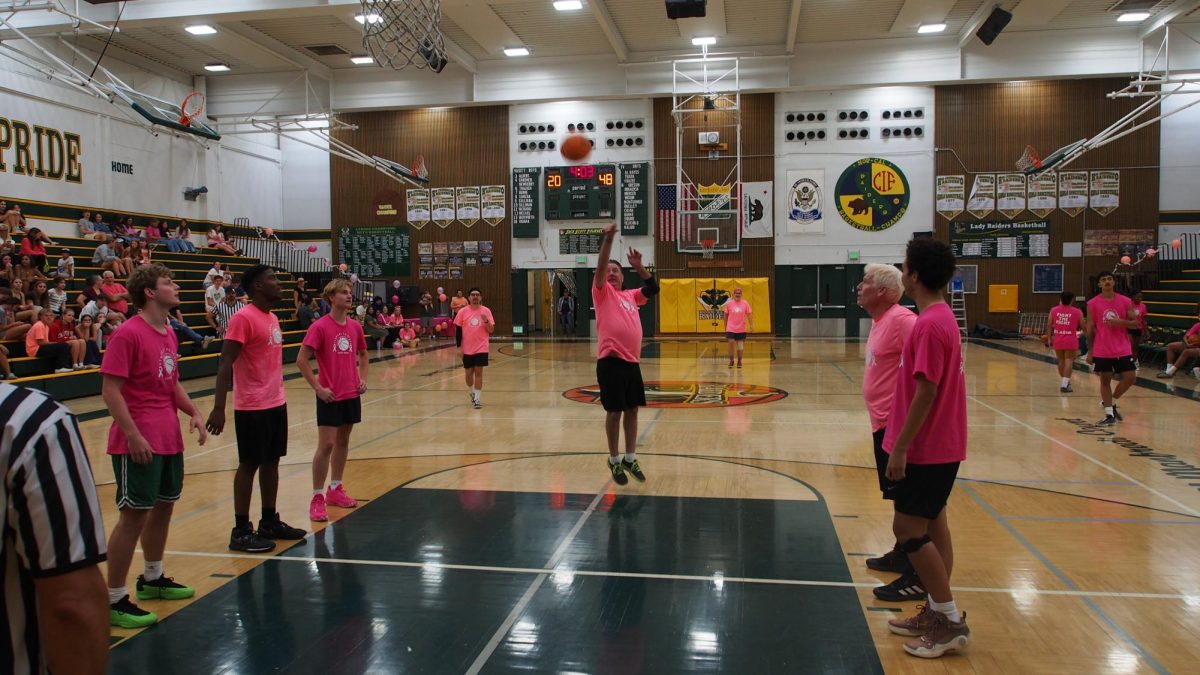









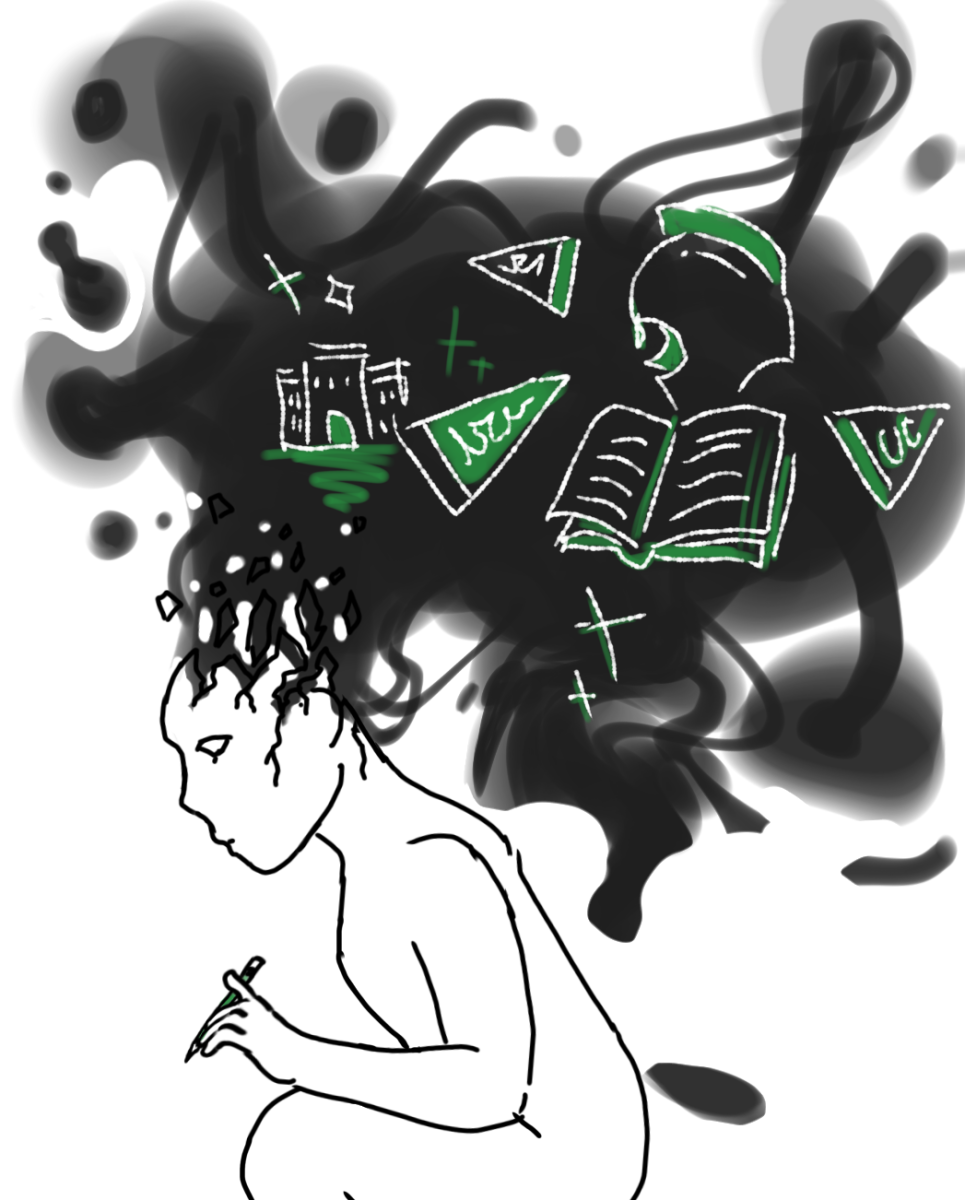


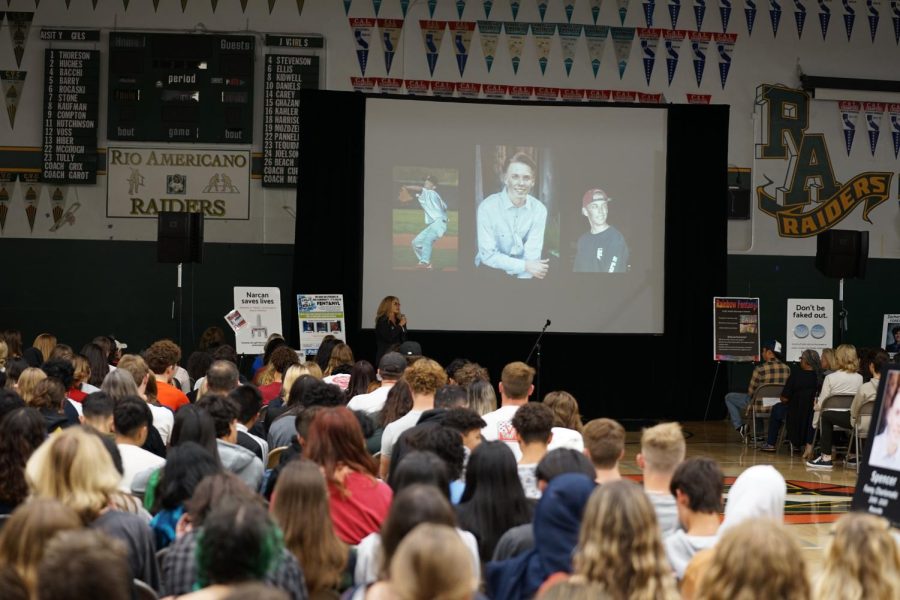
Matteo • Apr 11, 2024 at 11:55 AM
This is a terrible idea. The future of America must be a very bleak one if we’re considering treating our high school students as preschoolers. Having a nap time would cut into the time that students are actually learning and retard their progress, thus preparing them for failure in college. Your essay was well written, and the logic was sound, but I completely disagree with the assertion.
Evan Nguyen • Feb 6, 2024 at 12:16 AM
A nap time could help to combat the exhaustion students may face following extensive honors classes and extracurricular activities. It may also help to improve the mental health of students regardless of schedule.
Harper Gardner • Feb 5, 2024 at 5:52 PM
Having a nap time would definitely boost my productivity. Companies like Apple and Google let their employees do it on the job so why shouldn’t we be able to.
June O'Keeffe • Feb 4, 2024 at 11:57 PM
I agree that an accumulation of assignments that are piled up between multiple classes is a threat to a student’s sleep health and habits. Time management is often a hard issue to deal with so it would be beneficial for the student and the education system to support students in managing it.
AS • Feb 4, 2024 at 6:43 PM
Adequate sleep is crucial to teenagers developing brains and bodies, that can often not be meet with new pressures that are put on them. A brief break for relaxation or naps could improve a student’s focus, mood, and overall well-being. Nap time is one of the few things a school could do to improve their student’s mental health.
Kaser Winn • Feb 4, 2024 at 11:58 AM
Fascinating article Parvathy. I found the logic behind the coping habits from high school stress leading to negative sleep alternatives such as energy drinks to be especially insightful. I would be in full support of investing more time into sleep.
Elsa • Feb 3, 2024 at 7:34 PM
I agree that changes need to be made to the education system to benefit students’ mental health to prepare them, not scare or harm them, for college and the workforce since they should create healthy study habits as well as knowing their limits without developing addictions or mental disorders.
TF • Feb 3, 2024 at 10:59 AM
As someone who feels sleeper deprived everyday despite sleeping 9-10 hours a night, I concur with this argument, because by the time six period comes around I’m left too drained to do anything and when I come home I have to fight very cell of my body to get anything done. So i feel like it would be nice to have a moment to rest my head and recuperate for a bit.
Joseph VanDenBErg • Feb 2, 2024 at 10:13 PM
I agree with this idea and I feel it would make life easier for students.
Ava Ghazanfari • Feb 2, 2024 at 1:33 PM
I agree that we should bring back naptime because as a high school you are more stressed and tired. I also agree that it would be more beneficial for students because when they are more well rested they tend to be more attentive and learn more.